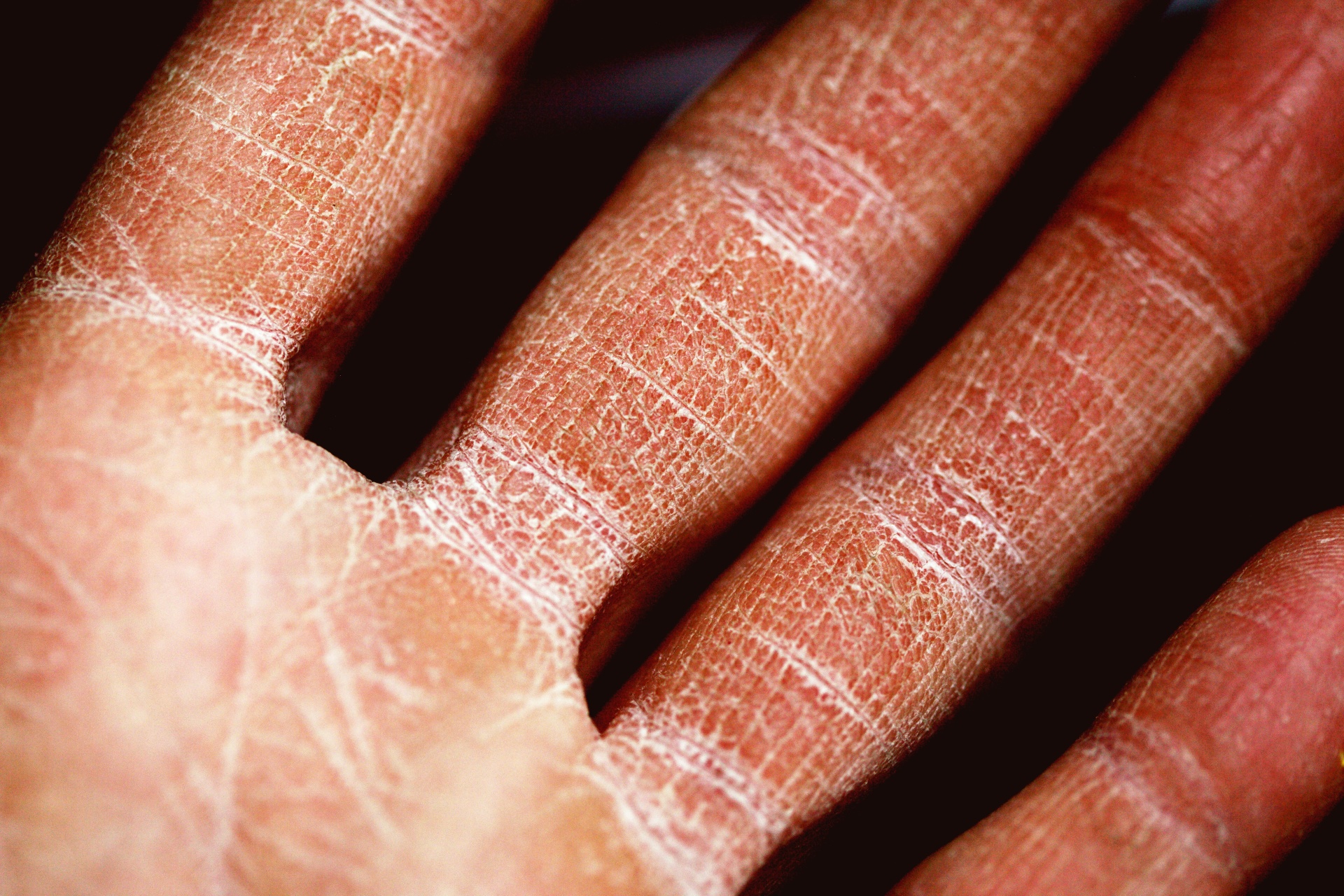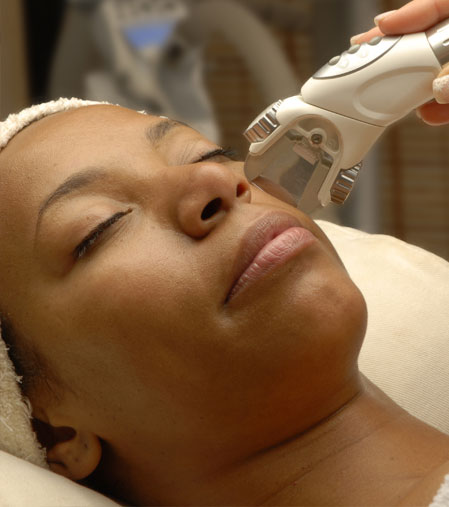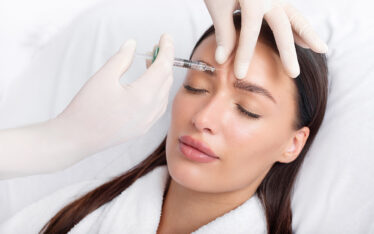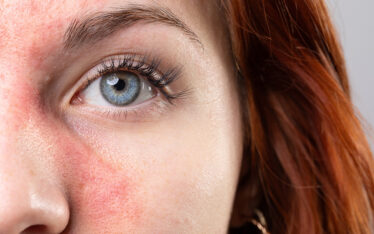How To Treat Psoriasis and Eczemain Cold Weather? 6 Tips from a Dermatologist

Are you struggling with psoriasis or eczema during the cold weather in Maple Grove? You’re not alone. Many people with these conditions experience more symptoms during the winter months. The good news is that there are steps you can take to manage your symptoms and keep your skin healthy.
As a team of dermatologists providing eczema and psoriasis treatment in Maple Grove, we understand the challenges that these conditions can pose. That is why we’ve put together a list of six tips to help you treat your skin conditions during the cold weather. From moisturizing regularly to wearing appropriate clothing, we’ve got you covered.
Keep reading to learn more about our tips and how they can help you.
Tip 1: Moisturize Regularly
One of the most important tips for treating psoriasis and eczema during cold weather is to moisturize regularly. Moisturizers help treat dry skin, which can be uncomfortable and even painful to your body’s exposed areas like hands, feet, and knees.
Look at the ingredients list on the back of the product you’re considering buying. If it contains any ingredients that aren’t suitable for sensitive or irritated skin, it will probably not work well for you because that ingredient may cause irritation instead.
Try an unscented version to avoid fragrances that irritate. Look for products that state they’re fragrance-free or hypoallergenic. You can also ask a dermatologist for recommendations if you need help deciding what to buy.
Tip 2: Take Short, Lukewarm Showers
Exposing your skin to high temperatures of water can irritate it further. Hot water can dry out your skin and make it more sensitive. Instead of that, do the following:
- Take shorter showers: Hot baths and long showers can dry out the skin even more than usual, leading to flaking and irritation and making it more susceptible to infection. Instead of taking an hour-long bath every night before bedtime, try limiting yourself to five minutes in the tub, followed by a gentle pat dry. This will keep you clean without causing additional damage.
- Usemildcleansers:Opt for a soap-free formula and a gentle cleanser. These tend to not only work better, but are also kinder towards those who suffer from conditions such as eczema because they won’t strip away natural oils from our bodies like some detergents that may cause discomfort.
Tip 3: Wear Appropriate Clothing
Certain fabrics, like wool and polyester, can irritate sensitive skin. Instead, opt for soft, breathable fabrics like cotton or silk. These fabrics are a better option for those with sensitive and irritated skin.
Tight-fitting clothing may also be irritating to the skin. Wearing loose clothing will allow air to flow around your body, which can help reduce itching and other symptoms associated with psoriasis and eczema.
Dressing in layers can also be helpful, especially during winter when temperatures fluctuate. By layering with breathable, soft fabrics, you can stay warm while protecting your skin from the elements.
Tip 4: Use a Humidifier
The dry air in your home can aggravate psoriasis and eczema symptoms. A humidifier can help to create more moisture in the air, keeping your skin hydrated.
Using a humidifier can help keep your skin hydrated and prevent dryness if you live in a dry climate. Humidifiers work by adding moisture to the air in your home. They come in two main types: cool mist and warm mist.
The difference between them is that warm-mist models heat the water before dispersing it into the air, making it feel more comfortable on your skin. On the other hand, cool-mist models don’t heat the water; they simply vaporize it into fine particles that evaporate into the air quickly.
Cool mist humidifiers are as effective at moisturizing skin as warm mist ones. They only require electricity or an outlet to plug them into. These humidifiers are generally more energy-efficient than warm mist ones, as they cover more area and do not require heating elements to operate. They can also be used safely around children and pets, as there is no risk of accidental burns.
Tip 5: Avoid Triggers
Various factors, such as stress, diet, medications, and the weather, can trigger psoriasis and eczema. If you know what triggers your symptoms, try to avoid or minimize exposure to them as much as possible. Likewise, if going outside on cold days makes your skin feel worse, make sure to cover up when temperatures drop below freezing.
Certain foods, such as milk and other dairy products, eggs, nuts, fish, shellfish, and soy, can trigger eczema. If you suspect certain foods are causing your symptoms to flare up, try eliminating them from your diet for a while and see if there’s any improvement.
Be mindful of what you put on your skin. As previously noted, minimize the use of harsh soaps and cleaning agents that contain potent ingredients such as fragrance or alcohol. These can be harsh on delicate skin and result in redness or inflammation. Instead, use moisturizers frequently, which can help prevent dryness and reduce the severity of eczema or psoriasis.
Tip 6: Consult With a Dermatologist
If your psoriasis or eczema symptoms are severe or not responding to at-home treatments, it’s time to consult with a dermatologist. Our team of experts can provide you with a diagnosis and recommend a treatment plan tailored to your needs.
During your appointment, we’ll discuss your medical history, examine your skin, and may take a skin biopsy to confirm the diagnosis. We offer a variety of treatments for psoriasis and eczema, including topical creams, oral medications, and laser treatments. We are trained in the Pallas excimer laser, which can be very helpful in treating skin conditions like psoriasis and eczema.
The excimer laser treatment can quickly help treat areas of psoriasis or eczema while leaving healthy skin untouched. These quick, painless, in-office treatments work with your other prescriptions to get your skin clear faster.
Take Control of Your Skin Health During Winter
There are a lot of things that can be done to prevent flare-ups of psoriasis and eczema in cold weather. The most important thing is always to keep your skin moisturized and avoid triggers such as stress and harsh detergents.
If these tips don’t work for you, it might be time to see a dermatologist who can prescribe prescription medications or other treatments that may help ease symptoms. At Clarus Dermatology, our team of dermatologists is here to help. If you require psoriasis or eczema treatment don’t hesitate to contact us for personalized care and treatment.
Sources:
https://www.healthline.com/health/dry-air#skin-issues
https://www.washingtonpost.com/wellness/2023/02/13/itchy-skin-treatment-prevention/
https://www.healthline.com/health/eczema/eczema-hot-water
https://www.ncbi.nlm.nih.gov/pmc/articles/PMC7271705/
https://www.consumerreports.org/appliances/humidifiers/top-reasons-to-buy-a-cool-mist-humidifi er-a2831707750/
https://www.goodhousekeeping.com/appliances/a31669422/cool-mist-vs-warm-mist-humidifiers/
https://www.everydayhealth.com/psoriasis/living-with/cold-weather-remedies-for-psoriasis/
https://www.medicalnewstoday.com/articles/324185


